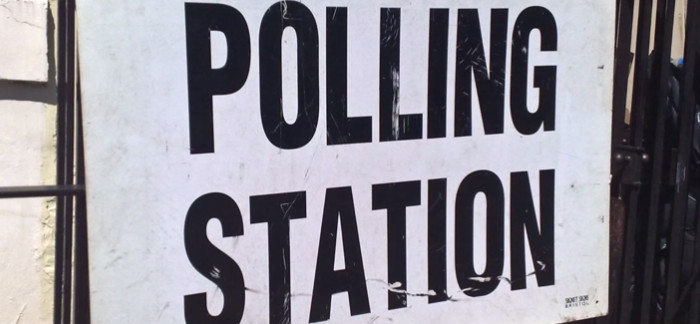The voting age is currently 18, but many people are starting to think that this might be too old still. Teens are well-informed today thanks to the internet and those who are 16 or 17 will be affected by an election when they turn the age of majority, yet have had no say in the direction they’d like to see the country go. By lowering the voting age, these teens who are about to become adults would get to have a say. There are some definite pros and cons to lowering the voting age, so let’s take a look at some of them more closely.
What Are the Pros of Lowering the Voting Age?
It Gives More Of The Population A Direct Say In What Happens
Lowering the voting age means that there is the possibility of getting a better glimpse of what the general population wants. More opinions can be emphasized in the voting booth and this information can give politicians the direction they need for public policy.
It Could Increase The Amount Of Voter Turnout
The young voting demographic is usually one of the most engaged voter demographics in every election. By lowering the voting age, we would be encouraging teens to get active in the political process sooner and start caring about the issues faced more than they may already care. This engagement could then create a passion that could last well into their adult years, raising the percentage of voter turnout across the board.
It Might Inspire More Innovation
Politics in the United States is more gridlocked today than anyone can ever remember it being. Hardly anything is getting done these days and every branch of government is trying to find ways to create policy or pass laws independent of each other. By lowering the voter turnout so that more people get a voice, there’s a possibility that it could inspire more political innovation that could get stuff done.
What Are the Cons of Lowering the Voting Age?
The Vote Might Not Be Independent
Teens might be rebellious and they don’t often like authority figures, but they are also highly influenced by those that they care about. Teachers, parents, or even campaigning politicians could influence a younger person’s vote and manipulate them to vote specific ways, which would actually defeat the purpose of lowering the voting age.
Teens Might Not Have Access To Polling Centers
In some locations, the driving age has been changed from 16 to 18. This means on voting day, it could be virtually impossible for a teen to find a way to reach a polling center where they could cast their vote. Making Election Day a holiday or providing transportation to and from school might solve the problem, but at an increased cost.
It Would Likely Sway Elections To Favor Democrats
Younger demographics tend to vote for Democrats, while older generations tend to vote for Republicans. With more youth voter turnout in a system with a lower voting age, the election results could become skewed and that could create a whole new set of issues that would need to be addressed.
There are some definite pros and cons to lowering the voting age. By examining them fully, we can decide together if this is the best course of action to take.




